

All Rights Reserved. No part of this publication may be reproduced in any form or by any means, including scanning, photocopying, or otherwise without prior written permission of the copyright holder. Copyright 2013
Table of Contents
Introduction
Welcome to Backyard Chickens Crash Course - Raising Backyard Chickens For Fun & Food! This one image pretty much says it all


Backyard chicken-keeping can be a fun and rewarding experience. Besides being enjoyable to watch and interact with, chickens also provide a regular supply of fresh eggs. However, not many people realize what a benefit their flock can be for their vegetable garden. Id like to share with you some of the ways they can help.
Fertilizer
Like most birds, chickens tend to poop a lot. According to the University of Missouri's agricultural extension, a four-pound layer hen can produce anywhere between one and 3.5 ounces of manure daily. With an average flock size of six hens, that works out to roughly 137 to 480 pounds of manure annually.
Chickens fed a quality diet will produce nutritionally superior manure, which is one of the best natural fertilizers available. However, it's important that you thoroughly compost all manure before using it on your plants. Because of its richness in nitrogen, using it straight from the chicken can damage plants' roots and foliage.
Pest Control Chickens are ravenous scavengers and are always on the hunt for the next tasty morsel. By turning them loose in your vegetable patch every day, you can harness their natural pest-controlling benefits. Your flock will happily devour any and all bugs including slugs, snails, cabbage worms, squash bugs, tomato hornworms, cutworms and pillbugs. Letting them loose to feed on pests will also provide your chickens with a reliable source of quality protein, helping them to produce tastier and more nutritious eggs.
Soil Aeration Chickens like to scratch at the ground to unearth seeds, bugs and worms to eat. This natural feeding activity benefits your vegetable garden by tilling the soil surface. It allows better oxygenation of the soil, which makes plants' roots stronger and better able to transport moisture and nutrients.Scratching also helps to improve soil quality by mixing in organic matter from the surface and preventing crusting.
Compost and Mulch

Chickens require bedding, the most popular of which are straw, rice hulls, hay, saw dust, peat moss and wood shavings. Naturally, they will have to be changed out occasionally, but there's no need to worry about waste. All of these materials can be placed into the compost heap and turned into rich soils amendments that also help to hold in moisture. If you don't want to wait for the materials to compost, however, they can be placed directly on the surface of your vegetable garden to act as convenient mulch.
Chickens are an excellent source of both food and fertilizer. Their prolific pooping means that you will have an ample supply of manure to spread on your garden. However, it absolutely must be composted in order to be usable. Many inexperienced chicken-keepers have mistakenly spread fresh droppings and killed their plants as a result. The nitrogen content is simply too high.
Despite this, having a chicken poo in your garden occasionally is unavoidable if it's free-range. With such a small amount, no damage should result. It will likely be quickly broken down by worms, carrion bugs and microorganisms. Rain or hose water will also help to dilute the manure and distribute it over the soil. You could consider it as a sort of time-release fertilizer.
These animals are also a valuable asset for the home composter. Anyone who has tried maintaining a compost heap will tell you that it's often tedious and back-breaking work.That pile has to be turned regularly in order for it to decompose properly. However, your involvement in this step can be eliminated with the help of a small flock of chickens.
If you have a small yard set up for your birds, then you already have the ideal beginnings of a chicken-assisted compost heap. It's recommended to cover part of the bottom with a layer of leaves, straw or wood shavings several inches thick. If you want you can use your flock's spent bedding. You can also toss your existing compost heap into the chicken yard and use that as your base layer.
Toss all of your regular compostable materials here and let the chickens be chickens. They'll gladly forage on any seeds, insects and kitchen scraps that are in the pile adding a steady supply of manure in the process.
This saves you money on feed and produces superior-quality eggs. Best of all the birds' scratching habits will keep everything properly mixed without you having to lift a finger.
After a month or two, you'll have a pile of rich, dark compost that can be used on your garden. Just sprinkle it on as you would any other compost and till it into the soil, which is another step that can be left to the birds.
How To Compost & Use Chicken Manure
Eggs aren't the only thing that your chickens produce. In a six-month period, a single average-sized hen will make approximately one cubic foot of manure. While it's important to dispose of it regularly, it's a shame to let it go to waste. Chicken manure is one of the most prized forms of fertilizer available, particularly if you know the chickens are healthy have a quality diet. However, this manure cannot be used right away. It is extremely rich in nitrogen, so much so that it will damage plants' roots and foliage if it is applied fresh. Therefore, it must be processed correctly before it can be used. Here's how to compost and use chicken manure.

Collection . Manure tends to accumulate in your flock's bedding, but this can be a good thing. If you use straw, wood shavings, leaves or sawdust, it's okay to toss it into the compost bin along with the manure when you're cleaning up. Even the bedding can be useful after it has done its job. In the picture was day 1 after I cleaned out both coops. After 1 solid week we had roughly about 15-20 lbs. each of poop that went straight to the compost bin!
Getting Started. Successful composting depends on a proper carbon to nitrogen ratio. This is where the bedding comes into play. Because chicken manure is so high in nitrogen, the ratio should be two to one. In other words use 2x as much bedding as manure in your compost bin. This promotes the ideal environment for bacteria to break down the materials.
The Composting Process. It's important to mix your compost heap about once per week. This ensures that everything is broken down evenly and that there is plenty of oxygen in the pile. Equally important is keeping it moist. Bacteria cannot do their job if the pile is too dry. Keep it about a wet as a damp sponge, adding water and mixing when necessary. Ideally, the core of the heap should reach between 130 and 150 degrees and stay there for three days. Consider purchasing a compost thermometer from a local plant nursery. After that, allow the heap to cure for 45 to 60 days. The end product should be crumbly, dark and possess and earthy aroma.
Next page
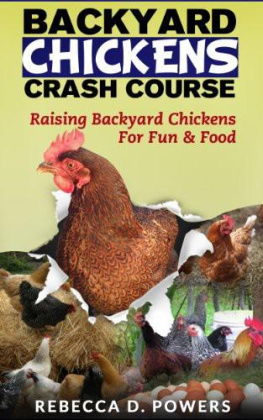


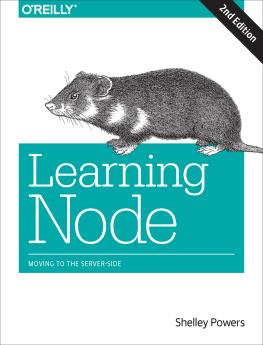

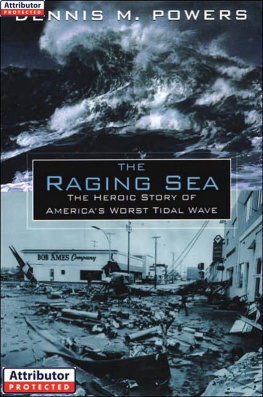


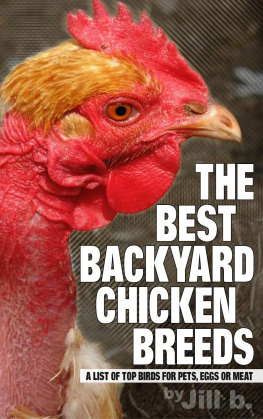
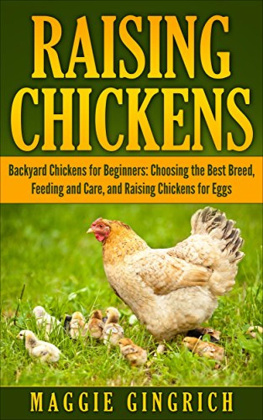

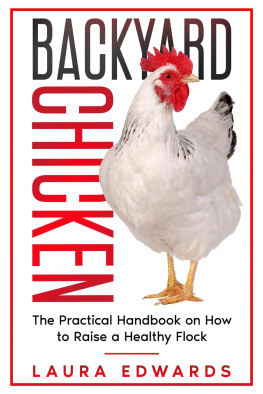
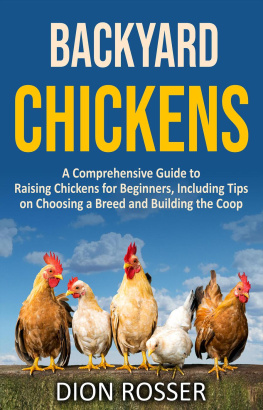
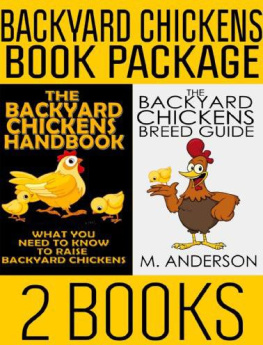
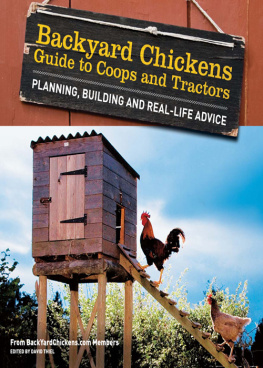



 Backyard chicken-keeping can be a fun and rewarding experience. Besides being enjoyable to watch and interact with, chickens also provide a regular supply of fresh eggs. However, not many people realize what a benefit their flock can be for their vegetable garden. Id like to share with you some of the ways they can help.
Backyard chicken-keeping can be a fun and rewarding experience. Besides being enjoyable to watch and interact with, chickens also provide a regular supply of fresh eggs. However, not many people realize what a benefit their flock can be for their vegetable garden. Id like to share with you some of the ways they can help.
 Collection . Manure tends to accumulate in your flock's bedding, but this can be a good thing. If you use straw, wood shavings, leaves or sawdust, it's okay to toss it into the compost bin along with the manure when you're cleaning up. Even the bedding can be useful after it has done its job. In the picture was day 1 after I cleaned out both coops. After 1 solid week we had roughly about 15-20 lbs. each of poop that went straight to the compost bin!
Collection . Manure tends to accumulate in your flock's bedding, but this can be a good thing. If you use straw, wood shavings, leaves or sawdust, it's okay to toss it into the compost bin along with the manure when you're cleaning up. Even the bedding can be useful after it has done its job. In the picture was day 1 after I cleaned out both coops. After 1 solid week we had roughly about 15-20 lbs. each of poop that went straight to the compost bin!